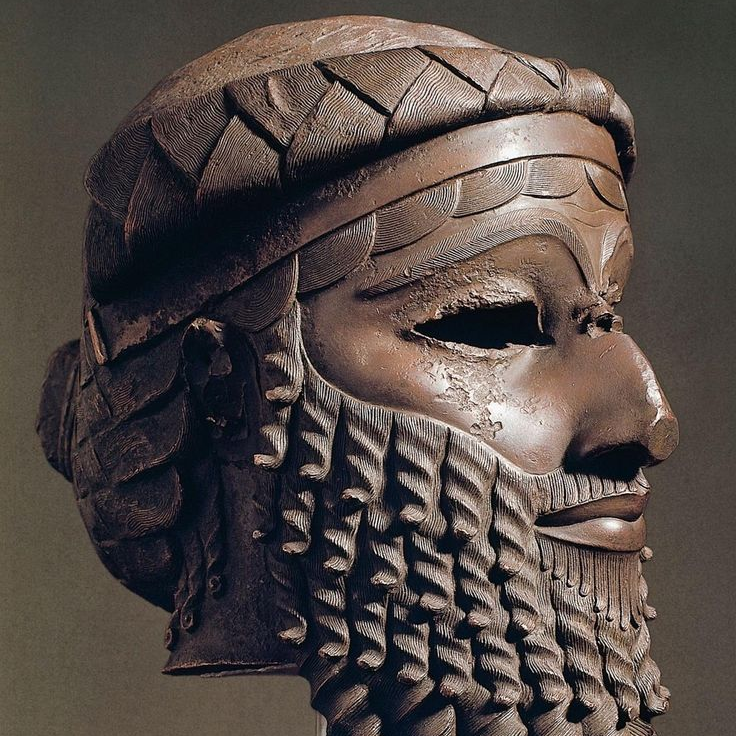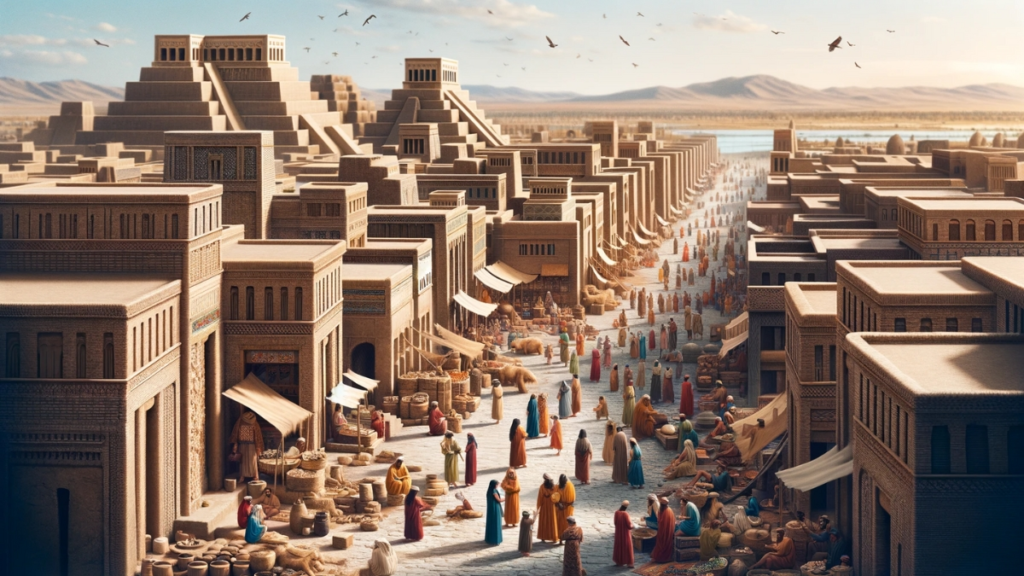The Akkadian Empire

The Akkadian Empire was one of the earliest and most influential empires in ancient Mesopotamia, existing from around 2334 to 2154 BCE. It was founded by Sargon of Akkad, who is often regarded as one of the first great empire builders in history.
Key Points:
Founder: Sargon of Akkad, who unified various city-states in Mesopotamia under his rule.

Capital: The city of Akkad, although its exact location remains unknown.

Language: Akkadian, a Semitic language, became the lingua franca of the empire.
Religion: The Akkadians practiced ancient Mesopotamian religion, worshipping gods like Anu, Enlil, and Ishtar.
Historical Significance:
Expansion: Under Sargon and his successors, the Akkadian Empire expanded its territory significantly, reaching as far as the Mediterranean Sea and the Persian Gulf.
Administration: The empire was known for its centralized administration and the use of governors to manage different regions.
Cultural Influence: The Akkadian Empire had a profound impact on the culture, language, and politics of the region. It set a precedent for future empires in Mesopotamia.
Decline:
The Akkadian Empire eventually fell due to a combination of internal strife, invasions by neighboring tribes, and possibly environmental factors like drought.


I am really inspired along with your writing abilities and also with
the layout for your blog. Is that this a paid theme or did you modify it yourself?
Anyway keep up the excellent high quality writing, it’s uncommon to peer a nice weblog like this one
today. Snipfeed!